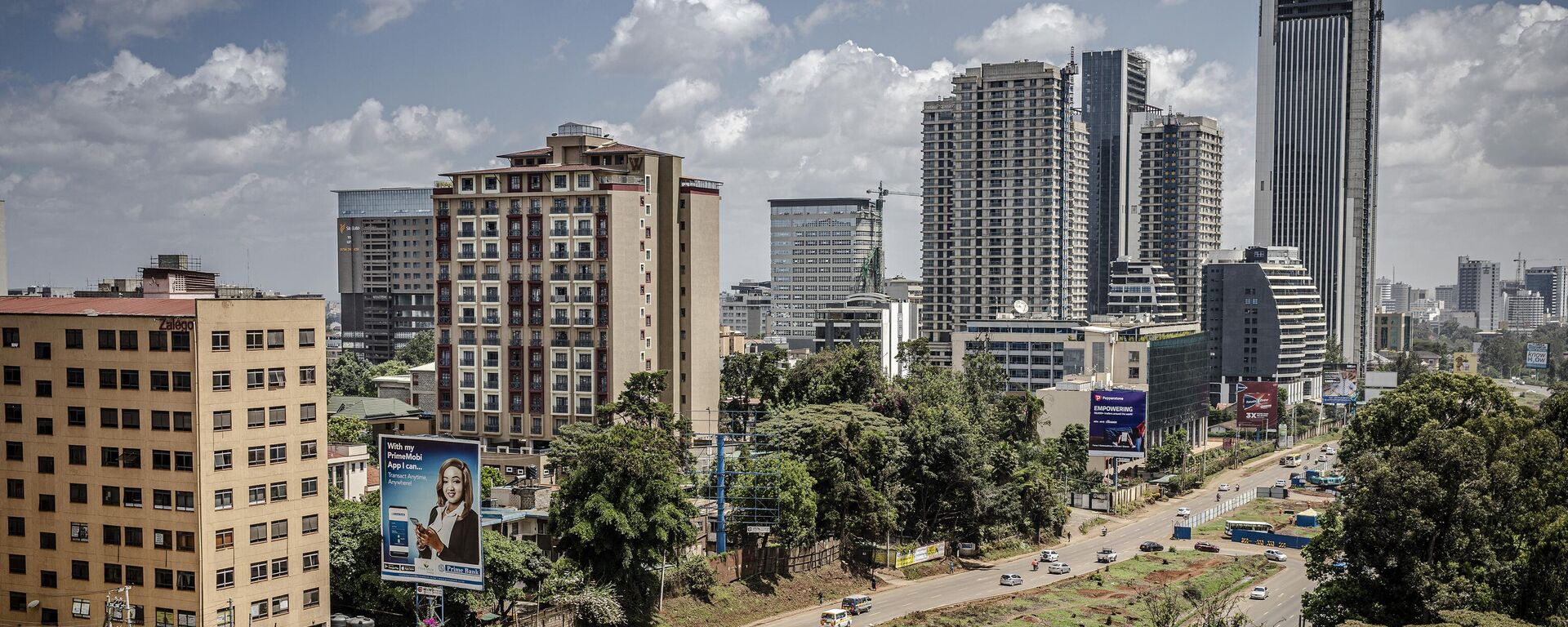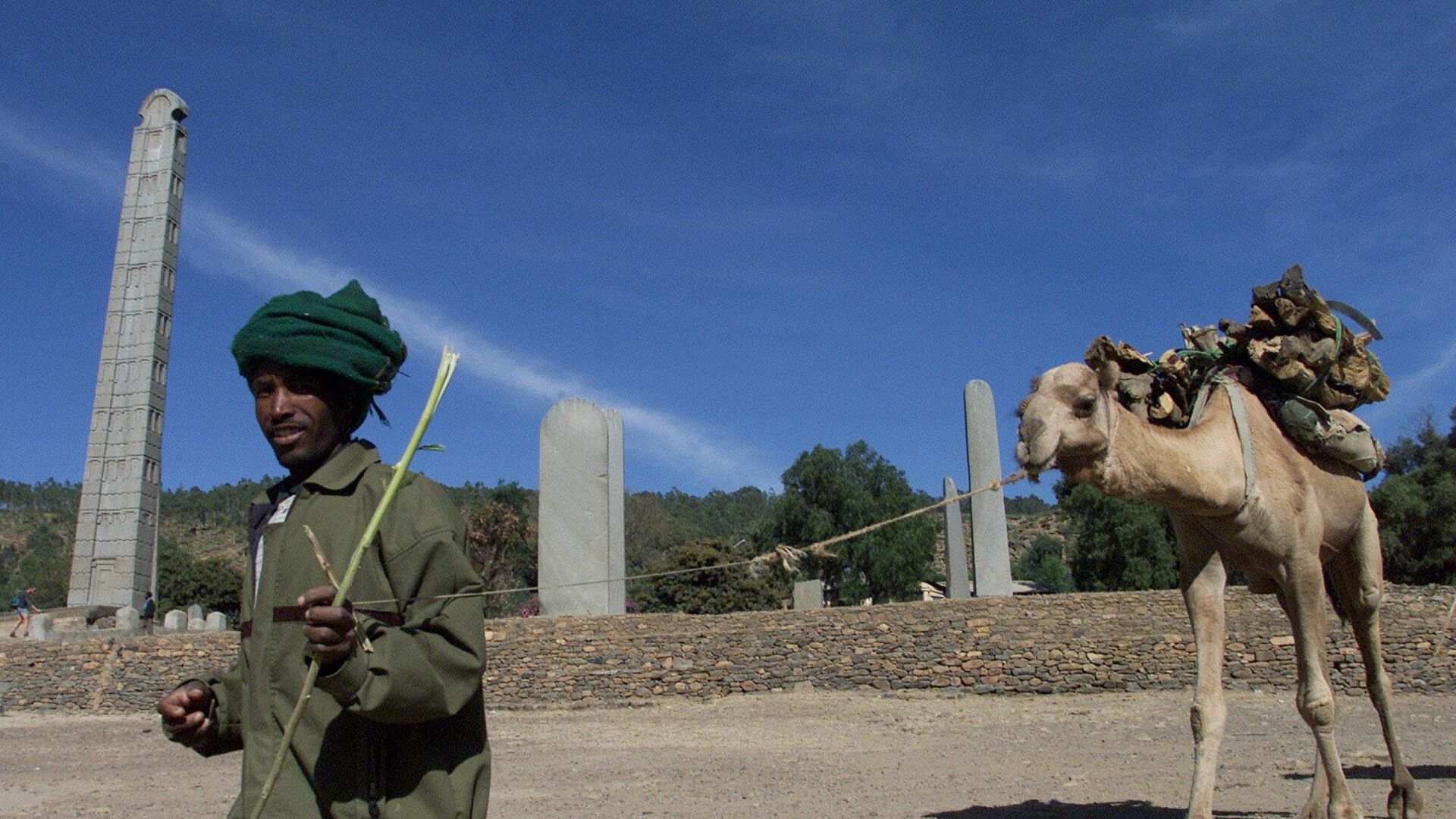https://sputnikglobe.com/20230320/ethiopia-needs-to-diversify-tourism-sector-un-african-economic-body-director-says-1108607103.html
Ethiopia Needs to Diversify Tourism Sector, UN African Economic Body Director Says
Ethiopia Needs to Diversify Tourism Sector, UN African Economic Body Director Says
Sputnik International
United Nations Economic Commission for Africa East Africa Director Mama Keta said the body is cooperating with Ethiopia in providing support to the country's diversification of the tourism sector, as well as other issues
2023-03-20T15:39+0000
2023-03-20T15:39+0000
2023-03-20T15:39+0000
africa
east africa
ethiopia
tourism
assistance
the united nations (un)
economy
trade
integration
support
https://cdn1.img.sputnikglobe.com/img/07e7/03/14/1108606172_0:0:2000:1125_1920x0_80_0_0_da3dd5e68a3afa567eb4d4137e0ac8f6.jpg
United Nations Economic Commission for Africa East Africa Director Mama Keta said the body is cooperating with Ethiopia in providing support to the country's diversification of the tourism sector, as well as other issues, Ethiopian media has reported.According to her, Ethiopia, being the second most populous African nation with a big economy and huge potential in many sectors, in particular tourism, is a key point in facilitating trade and regional economic integration.Thus, the director said, her office is working with the Ethiopian government to develop and diversify the potential of the country.Along with that, the UN official underlined the necessity to get rid of non-tariff barriers and change policies so that free movement of people and goods is allowed in order to intensify economic activities in the region.The absence of barriers will engender better regional economic integration, more jobs, and favorable markets in Africa, Keta concluded.
https://sputnikglobe.com/20221230/development-innovation--economy-how-far-has-africa-progressed-in-2022---1105888945.html
africa
east africa
ethiopia
Sputnik International
feedback@sputniknews.com
+74956456601
MIA „Rossiya Segodnya“
2023
News
en_EN
Sputnik International
feedback@sputniknews.com
+74956456601
MIA „Rossiya Segodnya“
Sputnik International
feedback@sputniknews.com
+74956456601
MIA „Rossiya Segodnya“
un eca, ethiopia economic development, mama keta ethiopia
un eca, ethiopia economic development, mama keta ethiopia
Ethiopia Needs to Diversify Tourism Sector, UN African Economic Body Director Says
The Economic Commission for Africa (ECA) was established by the Economic and Social Council of the United Nations in 1958 in order to advance the economic and social development of its member states. Currently, it includes 54 nations in Africa.
United Nations Economic Commission for Africa East Africa Director Mama Keta said the body is cooperating with Ethiopia in providing support to the country's diversification of the tourism sector, as well as other issues, Ethiopian media has reported.
According to her, Ethiopia, being the second most populous African nation with a big economy and huge potential in many sectors, in particular tourism, is a key point
in facilitating trade and regional economic integration.
"ECA works very well with Ethiopia. Ethiopia is key for AfCFTA [African Continental Free Trade Area] and for Africa as a whole. The size of the economy is big and in terms of population also it is very big. It has also some great skills. So, ECA supports Ethiopia in so many things," said Keta, as quoted in the report.
She also noted that the developed and diversified tourism sector is critical and extremely important for a nation that is "not very rich in natural resources and that is rich in historical sites and heritage."
Thus, the director said, her office is working with the Ethiopian government to develop and diversify the potential of the country.
"So we are, for instance, supporting Ethiopia right now, to develop further the tourism sector to improve the statistics in order to be able to plan well, and to measure the results that are being done," Keta added.

30 December 2022, 14:24 GMT
Along with that, the UN official underlined the necessity to get rid of non-tariff barriers and change policies so that free movement of people and goods is allowed in order to
intensify economic activities in the region.
The absence of barriers will engender better regional economic integration, more jobs, and favorable markets in Africa, Keta concluded.



